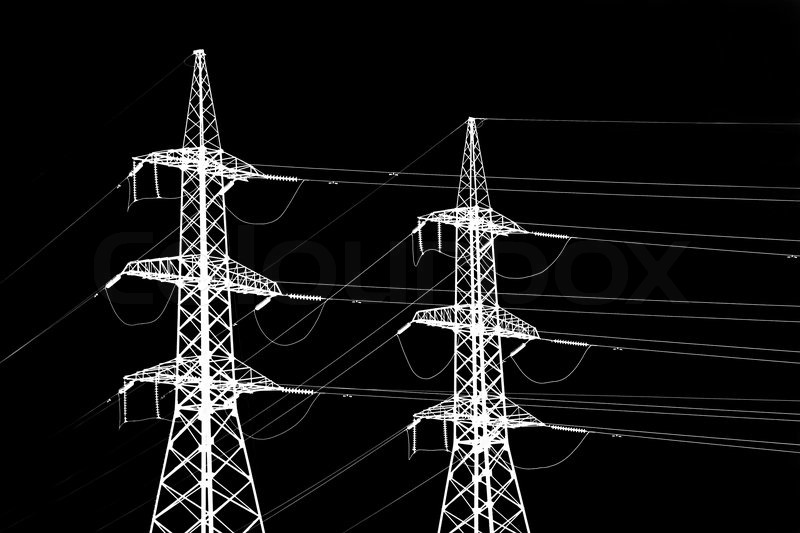- Kainji, Jebba Power Plants Attain 922MW Generation Capacity
The cumulative power generation capacity of Kainji and Jebba Hydro Power plants has increased from 582 megawatts to 922MW.
According to the concessionaire managing the plants, Mainstream Energy Solutions Limited, the 340MW rise in the generation capacity of the utilities was recorded within a space of three years.
It was learnt that both hydro power plants had installed capacities of 760MW and 578.4MW, respectively, but their cumulative generation capacity that was available as of November 2013 was 582MW.
Speaking at the recent power sector stakeholders’ meeting, the Managing Director, MESL, Lamu Audu, stated that the plants currently generate an average of 20 per cent of Nigeria’s power.
He said, “MESL, as concessionaires, took possession of the Kainji and Jebba Hydro Power Plants in November 2013 at a time when the total capacities of both plants were at 582MW. During the process of taking over these hydro power plants, we had made a commitment to the Federal Government, to recover and restore the plants to their nameplate capacity of 1,338.4MW.
“Today, despite the serious challenges facing the electricity supply industry, you will be glad to know that we are at 69 per cent recovery and our plants granting favourable grid and reservoir conditions, are now available with a generation capacity of 922MW.”
Kainji was inaugurated as Nigeria’s first hydro power plant in 1968, while the Jebba power plant was inaugurated in 1985.
Audu said MESL was forging ahead to achieve 100 per cent recovery by implementing a capacity and expansion programme for the plants.
He said additional capacities were being recovered with the ongoing rehabilitation of the 80MW Unit 1G7 at Kainji, which contract was awarded to General Electric Company and would be completed in the fourth quarter of 2019.
“We are also in the process of awarding the contract for the recovery of additional capacity of 96.4MW to Marubeni for the rehabilitation of Unit 2G6 at Jebba, which would commence in 2019. Plans are also under way for a reservoir and capacity expansion at the Kainji to increase installed capacity by 200MW from 760MW to 960MW,” Audu said.
He stated that since the commencement of the Eligible Customer policy, MESL had so far entered into Power Purchase Agreements with five eligible customers and executed Transmission Use of System Agreements with the Transmission Company of Nigeria for these customers and that the delivery commenced in May 2018.
“A total of 76MW was contracted under the various PPAs and so far, full payments have been received for May and June invoices issued to the eligible customers,” Audu added.

 Forex3 weeks ago
Forex3 weeks ago


 Naira2 weeks ago
Naira2 weeks ago
 Billionaire Watch2 weeks ago
Billionaire Watch2 weeks ago




 Naira2 weeks ago
Naira2 weeks ago




 Naira2 weeks ago
Naira2 weeks ago




 Naira1 week ago
Naira1 week ago




 Naira4 weeks ago
Naira4 weeks ago




 Naira3 weeks ago
Naira3 weeks ago






















